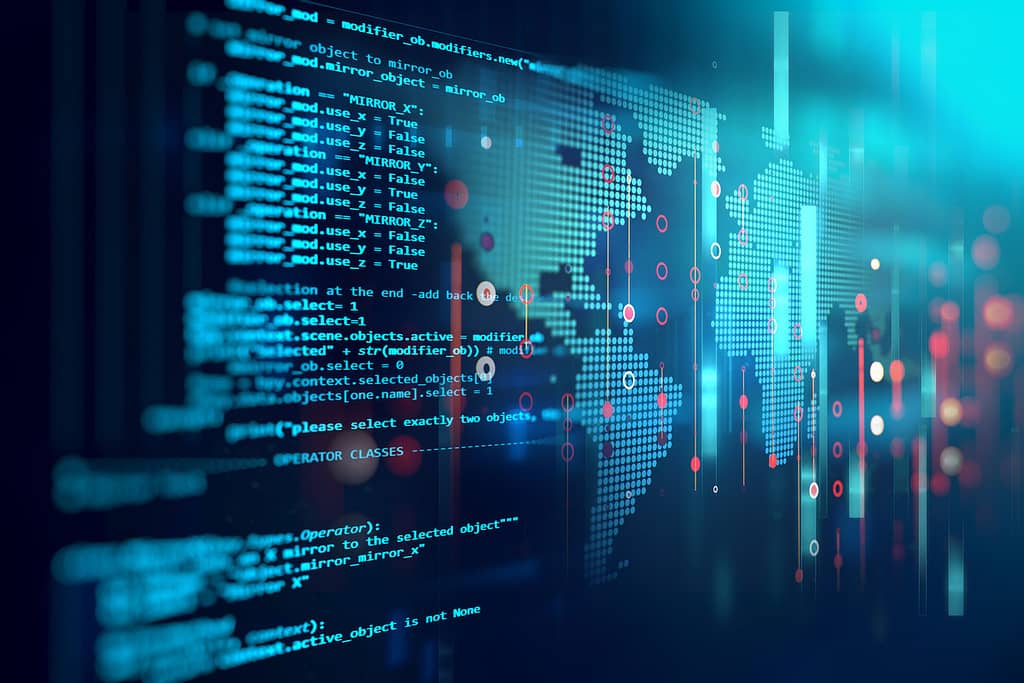“This is an opportunity to construct a really European stack of technology, which I think is really vital”
Indy Johar, Co-founder and Executive Director of Dark Matter Labs
September 17th marked the official launch of DLT4EU – a programme to accelerate the adoption of Distributed Ledger Technologies (DLTs) for public and social good initiatives.
The programme connects eight teams of developers with public and social sector organisations to solve existing, real-world challenges by experimenting with DLTs. Together, the programme will curate a European ecosystem of Distributed Ledger Technologies for social and public good. The launch was kicked off by a panel discussion between Piret Tonurist, Innovation Lead at OECD, Indy Johar, Co-founder and Executive Director of Dark Matter Labs, and Ludovic Courcelas, Government Strategy Lead at ConsenSys, and project lead for the EU Blockchain Observatory and Forum.
What is DLT4EU?
Distributed Ledger Technology is the parent technology of cryptocurrencies and blockchain. This promising group of technologies helps to enable decentralized storage and validation of data.
While still largely an experimental technology, applications of DLTs are already driving new forms of value for citizens: for example by enabling more inclusive forms of civic innovation, ensuring sustainable supply chains with material passports, and even incentivising the communal protection of public assets, such as national parks, with digital impact coins.
That potential is exactly what DLT4EU wants to accelerate. This EU-funded project connects cutting-edge developers in the DLT space with real-world, unmet challenges in the public and social sectors to accelerate impactful solutions. By offering an impact-driven programme, DLT4EU helps accelerate the development and uptake of practical solutions to urgent challenges. This programme is part of the wider strategy to spur innovation with public funds. As Indy Johar argued during the DLT4EU public launch event: “…we have to start to see these [programmes] not as costs in government, but mechanisms to create value in society.”
Two high-impact sectors
DLT4EU focuses on two sectors which have uniquely high potential for impactful and scalable DLT applications – they are the circular economy and digital citizenship.
Circular Economy
The circular economy is a new economic model for addressing human needs; an economy that fairly distributes resources without undermining the functioning of the biosphere or crossing any planetary boundaries. A circular economy is one in which resources are sourced, distributed, utilised, and recycled in a manner that does not cause adverse effects to society or the environment.
Protecting and preserving the environment will bring a number of social and public benefits. Part of the challenge is engaging the public in meticulous recycling, proper waste sorting or disposal and choosing sustainable transport options. Currently, actions are ‘invisible’ within the economy – there is little data to properly understand where and how the effects of a personal decision can be felt.
Distributed ledgers can help to track waste data in a secure, trusted and decentralised way. This data can help policymakers understand what is happening and at what scale, giving them the chance to implement evidence-based policies. DLT can also incentivise better waste management practices by, for example, giving a digital token when waste is properly sorted.
The applications of DLT in the circular economy go far beyond waste management, however, and include the potential for better supply chain traceability, material passports, ownership transfers in secondary markets, end-of-life compliance, automating environmental audits, and the management of urban green space and public infrastructure.
Digital Citizenship
Digital citizenship can be broadly defined as the application of digital technologies to better facilitate and engage citizens in public decision-making, service improvement, and social impact initiatives. This can be at multiple levels of government – from the local council to the city municipality and national government.
“There’s an opportunity for Europe to really bring about the future economy of a democracy, where distributed agency independence is operationalized in a real way. And I think this is why this [DLT] is not just a piece of technology. It’s part of a shift of how we organize and how we structure society.”
Indy Johar, Co-founder and Executive Director of Dark Matter Labs
Governments in the EU have been keen to realise digital citizenship. The immutability, transparency and security of DLTs make them ideal for use in the development of public and social systems for service provision, equitable representation, and participation. In this way, there is the potential to support whole sectors of society – especially those currently marginalised by traditional public infrastructure – to participate more meaningfully in public life.
An important benefit of DLTs is that once data is entered, the data within the ledger is immutable: all parties can be assured that they have a factual, up to date and agreed upon history of data. This immutability is particularly useful for digital citizenship, and could revolutionize personal data management. Other potential benefits then become easier to deploy. With a trusted, private and secure source of personal information, financial inclusion, asset registration, community participation, even voting becomes potentially easier and safer.

Accelerating innovation
DLT4EU will facilitate a ‘distributed accelerator model’. Each venture team has been partnered with a “challenge owner” in the public or social sector, who has a real-world and unsolved problem which could be met with a distributed ledger solution. At the end of the accelerator in December 2020, each venture team will submit a functional prototype that helps solve their unique challenge.
However, these functional prototypes also have a wider goal: they can be used to demonstrate the purpose and potential of the DLT application and increase the opportunity for adoption more broadly. Each of these “Proofs-of-Concept” act as showcases to the wider world, to increase engagement in the public and social sectors with this transformative technology, and to open up an EU-wide discourse regarding the application of DLT technology for public and social good.
“The element that is likely to be the most important in any project, government or public, is future-proofing the solution. You want to have a solution which is going to be usable, which can interact with other technologies that are going to appear in the future. You want to have a technological choice based on tech that is continually developed into the future. You want to draw from the communities of developers that are working on that.”
Ludovic Courcelas, Government Strategy Lead at ConsenSys. Leading the EU blockchain observatory and forum
New tools for public and social good
DLTs can help to accelerate the transition to the circular economy as well as create safe systems for digital citizenship. Importantly, DLTs have a role to play in ensuring these transitions happen in a fair, transparent, and inclusive way.
To make that a reality, pilot projects need to be supported and encouraged, with results that can be studied and replicated. In the words of Piret Tonurist: “this is what we call anticipatory innovation. We anticipate the future solutions… and we actually put the skin in the game, participating in these innovations on the ground to learn what works and what doesn’t work.”
If you are interested in joining the conversation on DLT4EU, please check out our website and social media channels.




